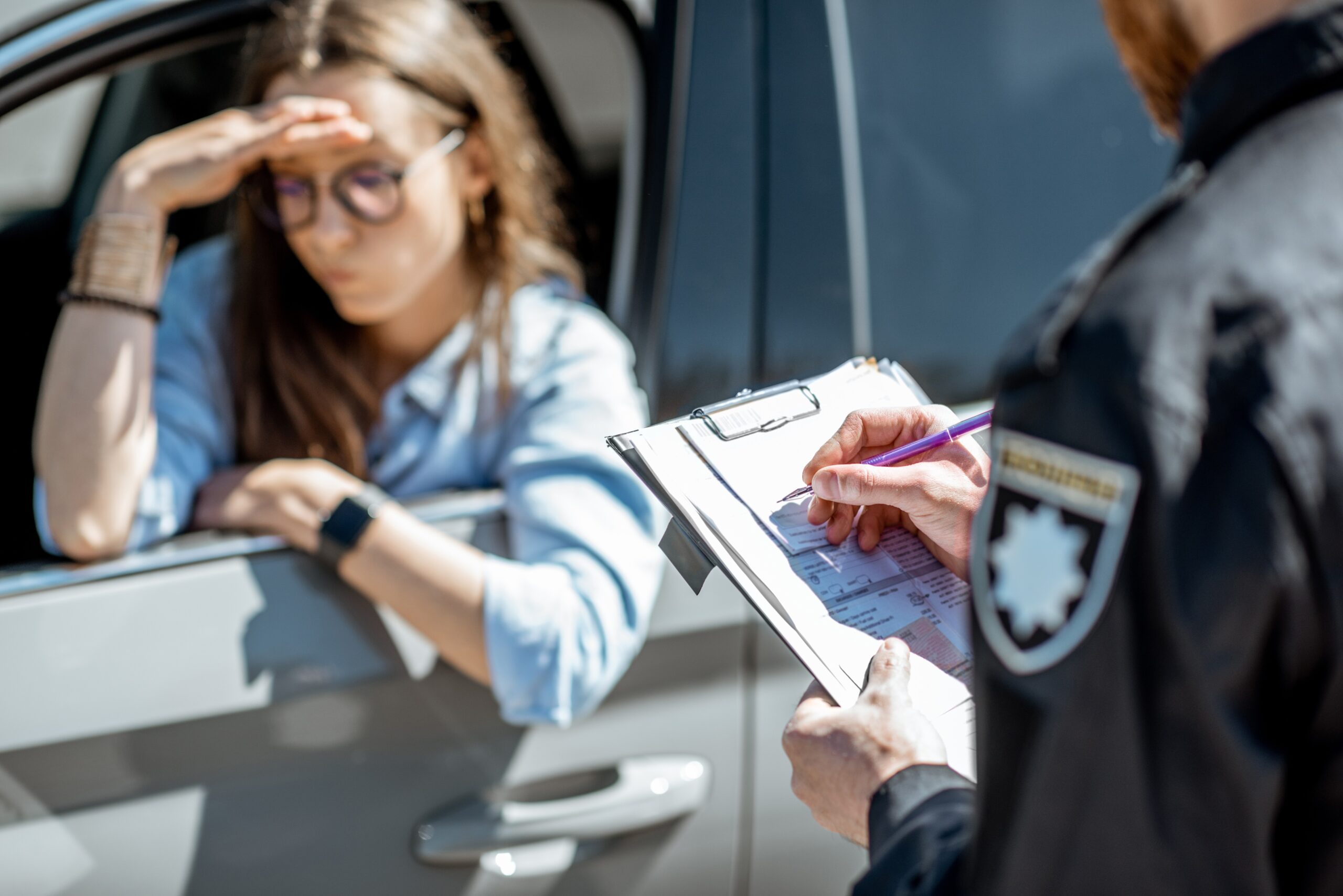Can You Get a Speeding Ticket Without Radar in Kansas City?

Imagine this: you’re driving along Main Street, the music playing, your windows down, and you’re thinking about lunch. Suddenly, lights flash behind you. Your stomach drops. You glance at your speedometer and wonder, wait, was I speeding?
You might assume that a radar or speed camera caught you. But here’s the thing: in Kansas City, officers don’t need radar to issue a speeding ticket. You can get one based on observation alone.
1. The Basics: How Speeding Tickets Work Without Radar
What surprises many drivers? Law enforcement can issue tickets using visual estimates. This method is often referred to as “pace” or “visual estimation.”
An officer can follow your car and adjust their speed to match yours. Or they might use a marked patrol car’s speedometer while driving alongside you. If they believe you exceeded the limit, you can be cited—even without radar.
2. Pace Method: Simple but Effective
Here’s how the pace method works. An officer drives behind you, keeps a safe distance, and matches your speed. They then record the speed shown on their car’s speedometer.
It’s surprisingly accurate when the officer is trained. But mistakes can happen. Traffic, curves, and hills can throw off an estimate.
That’s why consulting a skilled Kansas City Traffic lawyer can be important. They know how to question these observations and spot potential errors.
3. Visual Estimates: The Human Eye in Action
Visual estimates are less formal but still valid. Officers can judge speed using reference points, such as road signs, lane markings, or the time it takes to pass a stretch of road.
It sounds imprecise—and sometimes it is—but Missouri law allows it. The officer’s credibility and training play a significant role.
So, if you think your ticket came from “guessing,” it might be worth a closer look with Speeding Ticket KC, a leading Kansas City law firm.
4. Radar vs. Non-Radar Tickets
Radar is a high-tech, precise, and record-keeping technology. Non-radar tickets rely on judgment, which introduces variability.
- Radar tickets: Documented, often stronger in court, based on electronic measurement.
- Non-radar tickets: Rely on training, observation, and sometimes pace—more room for defense.
Both can result in fines or points on your license. But non-radar tickets give your lawyer more angles to challenge the evidence.
5. Officer Training: Why It Matters Without Radar
How can a human estimate speed reliably? Training is key. Officers attend courses on visual estimation and pacing techniques. They practice matching speeds in controlled settings.
However, mistakes still happen. An officer misjudging your speed by even a few miles per hour can lead to an incorrect ticket. That’s where having Speeding Ticket KC review the case becomes invaluable.
6. Common Mistakes in Non-Radar Speeding Tickets
Even trained officers aren’t perfect. Some common errors include:
- Misjudging speed on hills or curves.
- Following too closely or too far when pacing.
- Confusing your vehicle with another nearby.
- Recording the wrong time interval for visual estimates.
Each of these mistakes can weaken a ticket. A skilled lawyer knows how to find and use these gaps to your advantage.
7. How Evidence is Presented in Court
Without radar, evidence relies heavily on testimony. The officer must explain how they measured your speed, what training they had, and what method they used.
Your lawyer can cross-examine these points:
- Was the pacing method properly followed?
- Was the visual estimate reasonable?
- Were conditions (traffic, weather, lighting) likely to affect accuracy?
A strong defense can create enough doubt to reduce or dismiss a ticket.
8. The Role of a Kansas City Traffic Lawyer
Tickets without radar may seem simple, but fighting them requires expertise. Speeding Ticket KC knows the nuances of non-radar cases.
They review the officer’s methods, training records, and conditions at the time of the stop. They might even consult experts to challenge speed estimates.
In short, they don’t just look at the number on your ticket—they examine how it was determined.
9. Myths About Non-Radar Tickets
Let’s clear a few things up:
- “Radar is required for a ticket.” False. Officers can rely on pacing or observation to monitor their surroundings.
- “Non-radar tickets are always weak.” Not necessarily. Properly executed methods can hold up in court.
- “You can’t fight visual estimates.” Wrong. Training errors, environmental factors, and procedural mistakes create openings.
- “Officers always record everything correctly.” Mistakes happen—missing logs or notes can help your case.
10. Takeaways for Drivers in Kansas City
Getting a ticket without radar might feel unfair, but it’s legal in Missouri. The key is whether the officer followed proper methods.
If you receive a ticket, don’t assume you must pay it immediately. Consult with a Kansas City Traffic lawyer, such as Speeding Ticket KC. They know how to analyze the evidence, uncover weaknesses, and fight for your rights.
Remember: a ticket doesn’t equal guilt. Procedure, training, and documentation matter as much as the alleged speed.
FAQs About Non-Radar Speeding Tickets in Kansas City
1. Can I get a speeding ticket without radar?
Yes. Officers can use visual estimates or pace methods to determine speed.
2. Are non-radar tickets less accurate?
They can be. Human judgment introduces variability, especially in complex traffic situations.
3. How is pacing done by officers?
An officer follows your car at a safe distance, matches your speed, and notes the reading on their speedometer.
4. Can environmental factors affect visual estimates?
Yes. Hills, curves, heavy traffic, or poor visibility can affect the officer’s judgment.
5. How can a Kansas City traffic lawyer help?
By reviewing observation methods, officer training, and conditions, then challenging the ticket if errors exist.
If you’re staring at a ticket without radar evidence, don’t panic. Call Speeding Ticket KC, your trusted Kansas City Traffic lawyer. They know how to examine the method behind the ticket—and fight for your best outcome.
